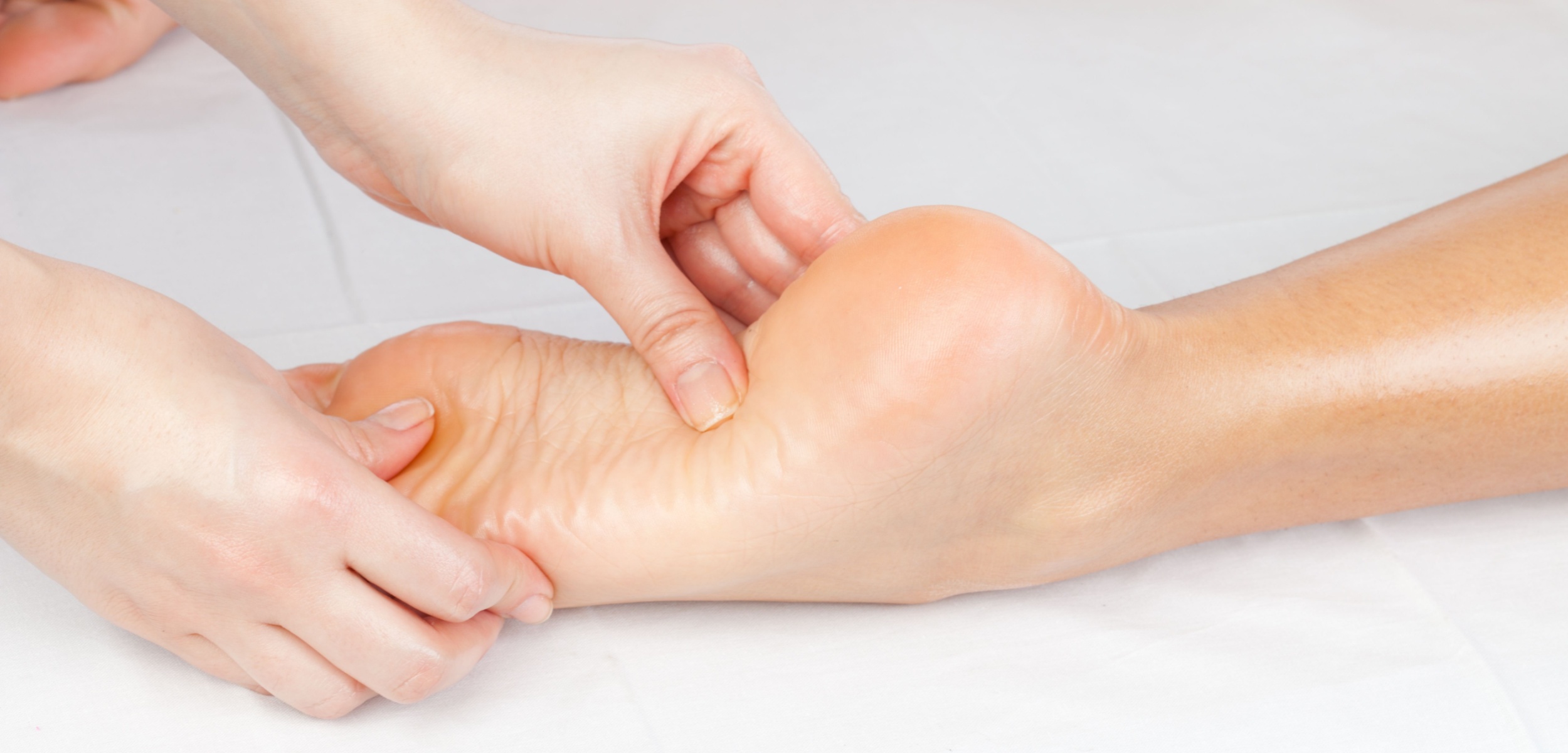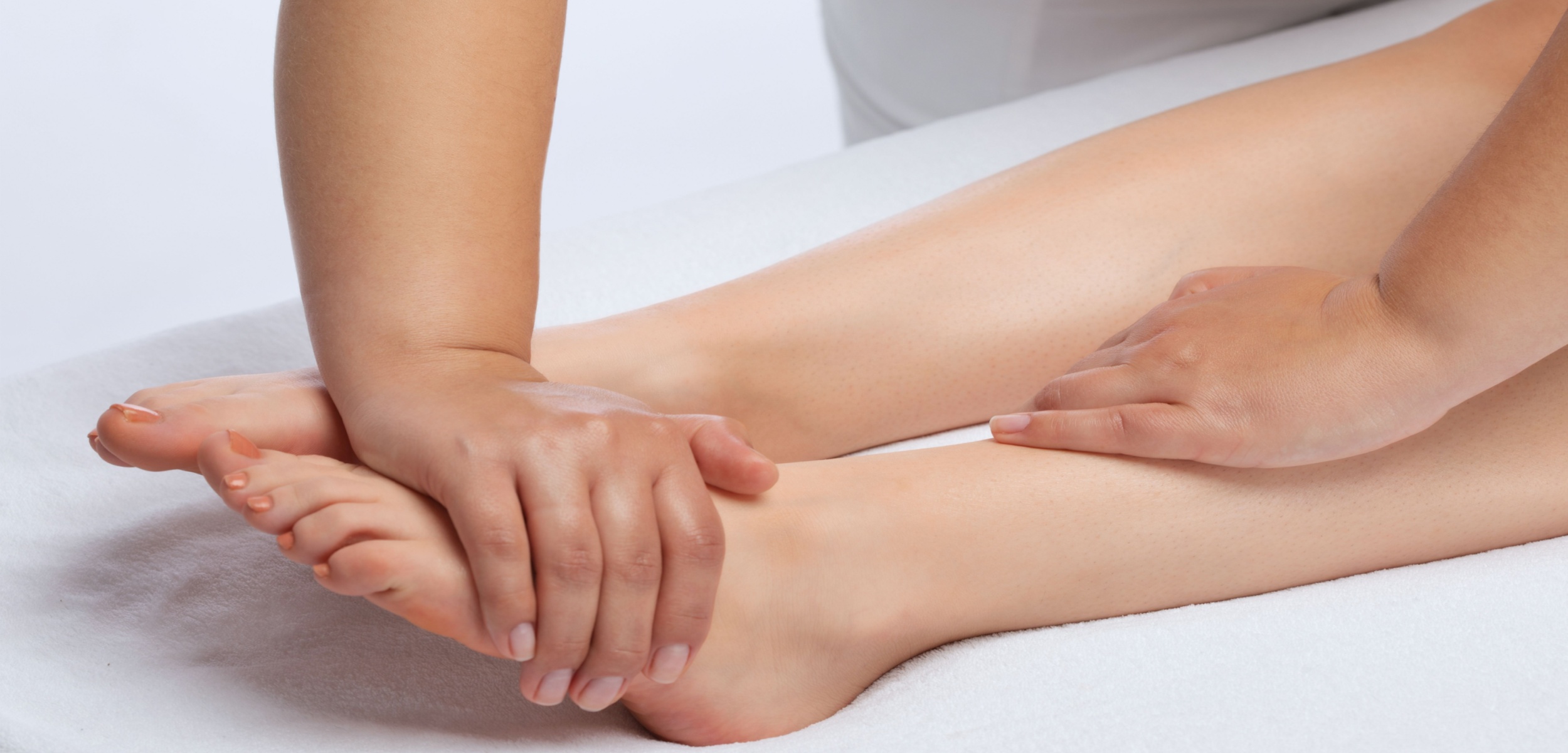No products in the cart.
Do you suffer from chronic pain, stress, or poor sleep? If so, reflexology may be the natural solution you’ve been looking for. This ancient healing practice has been used for thousands of years to promote relaxation, reduce pain, and improve overall health and well-being.
So, what exactly is reflexology? Reflexology is a type of massage that involves applying pressure to specific points on the feet, hands, and ears. These points are believed to correspond to different organs and systems in the body. By stimulating these points, reflexology practitioners aim to promote healing and balance throughout the body.

What is Reflexology?
Reflexology is a therapeutic method that involves applying pressure to specific areas of the feet, hands, or ears. These areas, known as reflex points, correspond to different organs and systems within the body. Therefore, by stimulating these points, reflexology aims to improve overall health and well-being. Moreover, it is a non-invasive therapy that can complement other treatments, making it a popular choice for those seeking holistic health solutions.
The 10 Benefits of Reflexology
Reflexology offers a range of benefits that can positively impact your physical and mental health. Here are the10 benefits of reflexology:
- Stress Reduction: Reflexology is renowned for its ability to reduce stress. Targeting specific reflex points helps to relax the body and mind, thus promoting a sense of calm and tranquillity.
- Improved Circulation: Reflexology enhances blood flow, which is crucial for delivering oxygen and nutrients to cells. As a result, it can boost energy levels and overall vitality.
- Pain Relief: Many people turn to reflexology for pain management. Whether it’s headaches, back pain, or arthritis, reflexology can alleviate discomfort by targeting the corresponding reflex points.
- Enhanced Relaxation: Reflexology induces a deep state of relaxation, which can improve sleep quality. Therefore, it is particularly beneficial for those struggling with insomnia or sleep disturbances.
- Boosted Immune System: By promoting balance and harmony within the body, reflexology can strengthen the immune system. Consequently, it helps the body fend off illnesses more effectively.
- Detoxification: Reflexology aids in the elimination of toxins by stimulating the lymphatic system. This detoxifying effect can lead to improved skin health and overall well-being.
- Improved Digestion: By targeting reflex points related to the digestive system, reflexology can alleviate issues such as bloating, constipation, and indigestion. Hence, it supports a healthy digestive process.
- Increased Energy Levels: Reflexology can invigorate the body by enhancing circulation and promoting the efficient functioning of organs. As a result, individuals often experience increased energy and vitality.
- Mental Clarity: Reflexology’s calming effects can lead to improved focus and mental clarity. Therefore, it is an excellent therapy for those seeking to enhance cognitive function and concentration.
- Emotional Balance: Reflexology can help release emotional tension and promote a sense of well-being. Consequently, it supports emotional health and stability.
How Does Reflexology Work?
Reflexology operates on the principle that reflex points on the feet, hands, and ears are connected to specific organs and systems in the body. By applying pressure to these points, reflexologists aim to remove blockages and restore the flow of energy, or “Qi,” throughout the body. Thus, it promotes self-healing and balance.
Who Can Benefit from Reflexology?
Reflexology is suitable for people of all ages and can be particularly beneficial for those experiencing stress, chronic pain, or digestive issues. However, it is essential to consult with a healthcare professional before starting reflexology, especially if you have underlying health conditions or are pregnant.
What to Expect During a Reflexology Session
During a reflexology session, you will typically be asked to sit or lie down comfortably. The reflexologist will then apply pressure to specific reflex points on your feet, hands, or ears. Sessions usually last between 30 to 60 minutes, and many people find them to be deeply relaxing. Moreover, reflexologists may use techniques such as kneading, rubbing, or pressing to stimulate the reflex points.

How Often Should You Have Reflexology?
The frequency of reflexology sessions depends on individual needs and health goals. Some people may benefit from weekly sessions, while others might find monthly visits sufficient. Therefore, it is advisable to discuss your specific needs with a qualified reflexologist to determine the best schedule for you.
The Science Behind Reflexology
While reflexology is widely practised, scientific research on its effectiveness is still ongoing. Some studies suggest that reflexology can have positive effects on pain management and relaxation. However, more research is needed to fully understand its mechanisms and benefits. Nevertheless, many people report significant improvements in their health and well-being after regular reflexology sessions.
Conclusion
Reflexology offers a complete approach to health and well-being, with numerous benefits ranging from stress reduction to improved circulation. By understanding the 10 benefits of reflexology, you can make informed decisions about incorporating this therapy into your wellness routine. Remember, while reflexology can complement other treatments, it is essential to consult with healthcare professionals to ensure it aligns with your health needs and goals.




